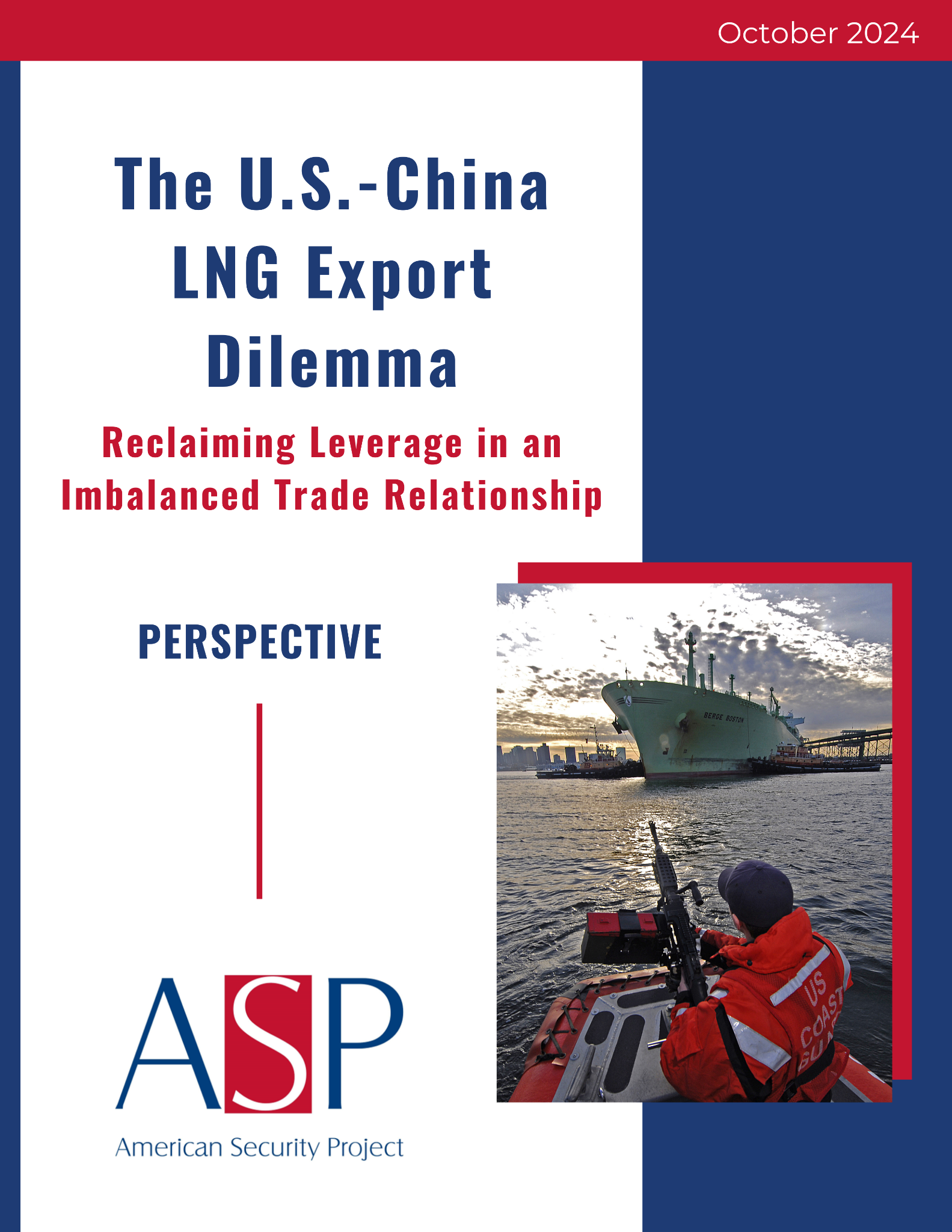Starting this winter, “AI Imperative 2030,” a new initiative of the non-partisan national security think tank American Security Project, aims to inform and elevate vital public discourse on United States-China competition in artificial intelligence.Read more...
















